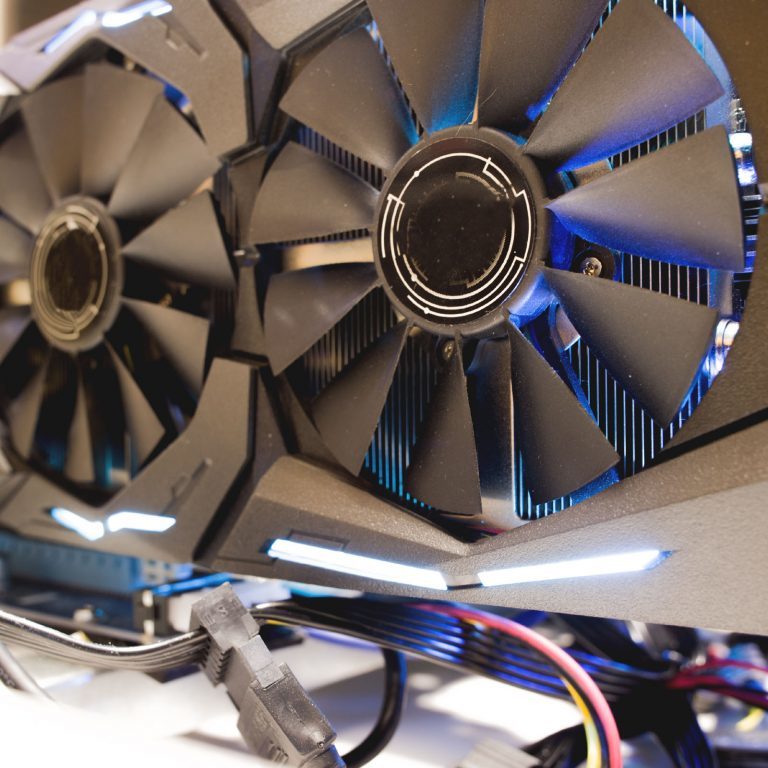
What is Bitcoin Mining?
Bitcoin Mining is a peer-to-peer IT process used to secure and verify bitcoin-payment transactions from one user to another over a decentralized network. Exploration involves adding bitcoin transaction data to the global public record of past Bitcoin transactions. Each transaction group is called a block. The blocks are secured by Bitcoin miners and build on each other forming a chain. This ledger of past transactions is called the blockchain. The blockchain is used to confirm that transactions to the rest of the network have taken place. Bitcoin nodes use the blockchain to distinguish legitimate Bitcoin transactions from attempts to re-spend parts that have already been spent elsewhere.
What is the proof of work?
Bitcoin Mining is intentionally designed to be resource-intensive and difficult, so that the number of blocks found each day by the miners remains stable over time, producing a finite monetary supply controlled. Individual blocks must contain proof of work to be considered valid. This proof of work (PoW) is verified by other Bitcoin nodes each time they receive a block. Bitcoin uses a PoW function to protect against double spending, which also makes the Bitcoin registry immutable.
How does the mining industry create new bitcoins?
The main purpose of the exploration is to allow Bitcoin nodes to reach a secure and tamper-proof consensus. Mining is also the mechanism used to introduce bitcoins into the system. Minors are paid transaction fees and a grant of newly created coins, called block rewards. This serves both to distribute new parts in a decentralized way and to motivate people to ensure the safety of the system through mining.












